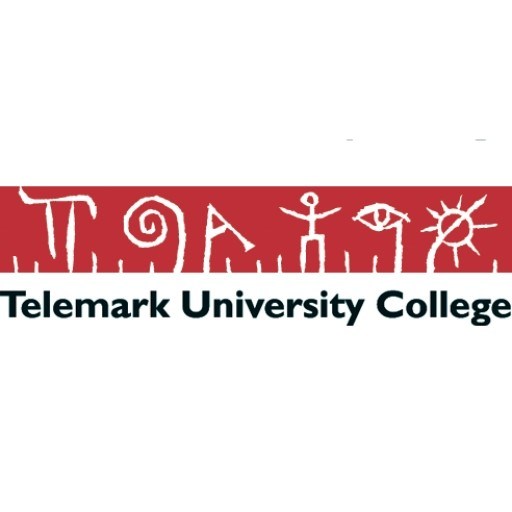Photos of university / #unistavanger
The department of Petroleum Engineering at the University of Stavanger is at the forefront of petroleum engineering and geosciences education worldwide. The MSc programme in Petroleum Geosciences Engineering is uniquely focused on the specific needs of exploration and production of the petroleum industry.
The programme has been developed in close collaboration with the oil industry, and qualifies for a broad range of positions within the oil industry, both at operators and in the service sectors.
A graduate of this programme will be able to solve geoscience problems by integrating different types of surface and subsurface data used in the oil industry and to integrate such information with petroleum engineers. In addition, they will be able to formulate strategies and will have the key fundamental knowledge to develop, manage and implement technology in the oil industry.
Petroleum Geosciences Engineering at the University of Stavanger is a comprehensive Master's degree program designed to prepare students for the dynamic and evolving oil and gas industry. The program combines advanced knowledge of geosciences, engineering principles, and technology to equip graduates with the skills necessary for exploring, characterizing, and exploiting hydrocarbon resources efficiently and sustainably. Throughout the degree, students will engage with core subjects such as petroleum geology, reservoir characterization, seismic data interpretation, basin analysis, and drilling technologies. The curriculum emphasizes practical skills through laboratory work, field studies, and industry collaborations, ensuring students gain real-world experience and are industry-ready upon graduation.
The program also covers essential aspects of petroleum systems, including source rock analysis, trap and seal evaluation, and reservoir management, fostering a deep understanding of subsurface geology. Innovative topics like digital geology, geophysical data processing, and the latest drilling techniques are integrated into the coursework to prepare students for technological advancements in the field. Emphasis is placed on sustainable and environmentally responsible extraction practices, aligning with global efforts toward energy transition and climate responsibility. Students have opportunities to participate in internships, research projects, and collaborations with industry partners, which provide valuable networking and practical experience.
Graduates of the Petroleum Geosciences Engineering program are well-equipped to work in multidisciplinary teams across exploration, development, and production sectors worldwide. They can pursue careers as petroleum geologists, reservoir engineers, geophysical analysts, or project managers, among other roles. The program also offers a solid foundation for those interested in further academic research or PhD studies. With a strong focus on Innovation and digital solutions, the degree prepares students to meet the challenges of modern resource management and contribute to the development of sustainable energy solutions. Graduates leave prepared to make meaningful contributions to the global energy industry and support the transition to cleaner energy sources in the future.
Petroleum Geosciences Engineering at the University of Stavanger is a specialized master's degree program designed to equip students with advanced knowledge and practical skills in the field of petroleum exploration and production. The program focuses on the geological and geophysical methods used to locate and evaluate hydrocarbon reservoirs beneath the Earth's surface. Students will learn about sedimentology, stratigraphy, seismic interpretation, reservoir characterization, and basin analysis, integrating these disciplines to improve the exploration and extraction processes of oil and gas resources.
The curriculum combines theoretical coursework with practical elements such as labs, fieldwork, and project work to ensure graduates are well-prepared for the industry. Students will gain proficiency in using state-of-the-art software for geoscientific data analysis and visualization, preparing them for roles in petroleum companies, consulting firms, and research institutions. The program emphasizes sustainable and environmentally responsible methods of resource extraction, aligning with Norway's commitment to environmental protection and responsible resource management.
Students have opportunities to participate in internships and collaborate with industry partners, gaining real-world experience that enhances their employability upon graduation. The university’s location in Stavanger, known as the oil capital of Norway, offers students unique access to the oil and gas industry. The program is designed for students with a background in geology, geophysics, or related disciplines who aim to develop specialized expertise in petroleum geosciences.
Graduates of this program are equipped to pursue careers in exploration, reservoir characterization, project management, and research within the petroleum industry. The program also positions students for further academic pursuits, such as PhD studies in geosciences or related fields. The University of Stavanger prides itself on delivering high-quality education with a focus on industry relevance and sustainability, preparing graduates to contribute to Norway's and the world's energy future.






